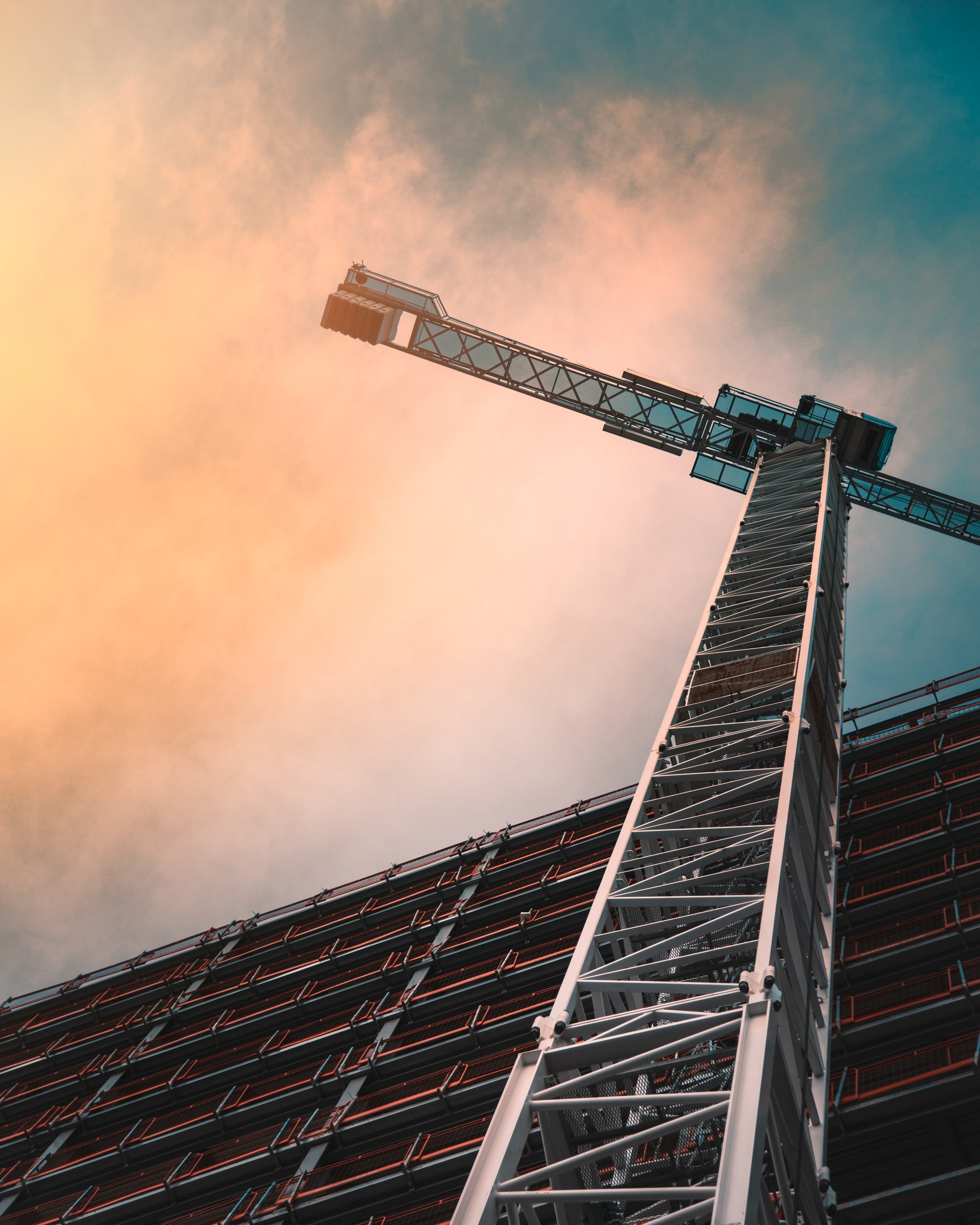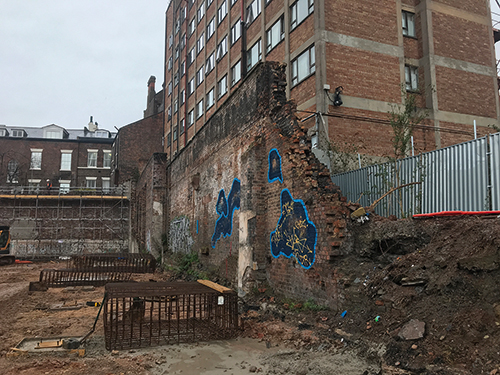 Karen Mason is a highly experienced commercial property lawyer and co-founder of Newmanor Law, a specialist real estate law firm. Here she outlines the importance of Heads of Terms in negotiating new commercial leases.
Karen Mason is a highly experienced commercial property lawyer and co-founder of Newmanor Law, a specialist real estate law firm. Here she outlines the importance of Heads of Terms in negotiating new commercial leases.
As businesses return to workplaces once again, many occupiers will be looking to either renegotiate lease terms or agree new leases to redefine their situation, given a growing acceptance that remote working will form part of the working week.
The question of space utilisation may lead some businesses to downsize, whilst others looking to space their people apart may ironically need bigger offices, or more locations.
Different requirements will mean new agreements, requiring Heads of Terms to tie down what is being agreed, with the need to secure a good long-term deal critical for businesses in the post-COVID world.



 Organisations that are looking to use mediation as a way to resolve a dispute without the need for costly litigation need to be aware of the impact that the Covid-19 pandemic will have on the process in the coming months, and the potential pitfalls and challenges. This is according to Ian Timlin, a specialist dispute resolution and commercial litigation lawyer at Conexus Law, who cautions that the new process may not be as effective and is also less secure unless certain measures are put in place.
Organisations that are looking to use mediation as a way to resolve a dispute without the need for costly litigation need to be aware of the impact that the Covid-19 pandemic will have on the process in the coming months, and the potential pitfalls and challenges. This is according to Ian Timlin, a specialist dispute resolution and commercial litigation lawyer at Conexus Law, who cautions that the new process may not be as effective and is also less secure unless certain measures are put in place.
 The first ever trial in the Technology and Construction Court to be held entirely remotely reached its conclusion in May, having been conducted across video-conferencing platform Zoom. The case made English legal history and could help transform how future court cases are conducted, even after the threat of the COVID-19 pandemic has receded.
The first ever trial in the Technology and Construction Court to be held entirely remotely reached its conclusion in May, having been conducted across video-conferencing platform Zoom. The case made English legal history and could help transform how future court cases are conducted, even after the threat of the COVID-19 pandemic has receded. The content of the Chancellor’s Spring Statement washed over many in the property profession as the Brexit storm continued.
The content of the Chancellor’s Spring Statement washed over many in the property profession as the Brexit storm continued.